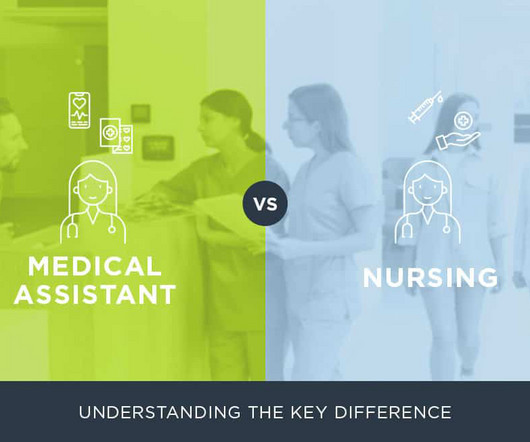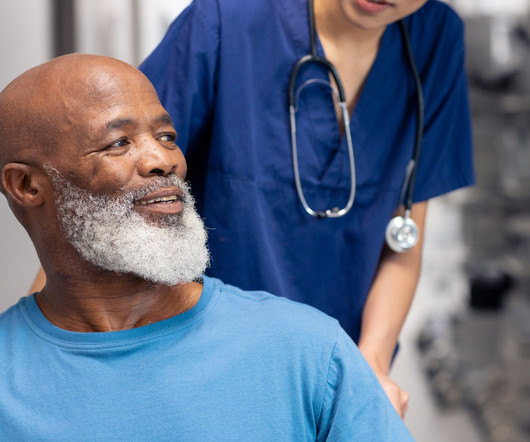What Is Practical Nursing?
Prism Career Institute
JUNE 24, 2025
Some practical nurses may do administrative duties, such as admitting patients and updating health records, depending on the facility. Practical nurses are the backbone of patient care and coordination in many different healthcare settings. Nursing Homes In nursing homes, practical nurses focus on long-term care for seniors.













Let's personalize your content